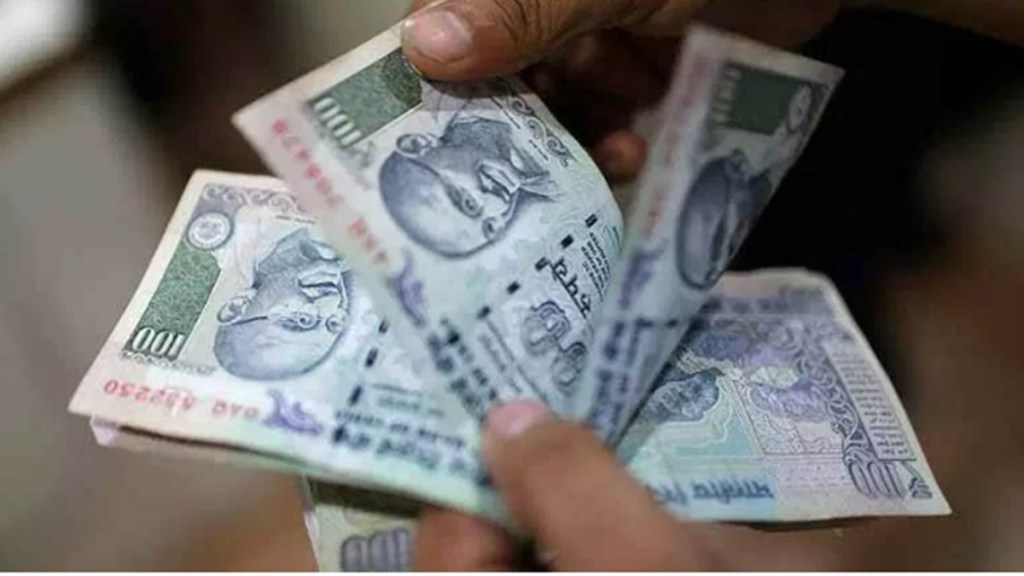By Chirag Nangia
* This year I have incurred short-term capital losses. I also make long-term capital gains. Can I set off the short-term loss against long-term gains?
—S R Madhav
The short-term capital loss can be set off against long-term capital gain. If the gains are not enough to meet the losses, such loss can be carried forward for eight years immediately succeeding the year in which loss is incurred.
* I will sell my flat for around Rs 70 lakh which I bought for Rs 20 lakh including registration 10 years ago. How will I calculate the capital gains tax? For how many years do I have to invest the money in Section 54 EC bonds for the tax benefit?
Also read: Democratising the Bond Market to fuel the next step in India’s growth journey
—Suraj Bhasin
Capital gains shall be computed after reducing indexed cost of acquisition calculated on Rs 20 lakh (including registration fees). The amount of capital gains should be invested within six months from the date of transfer of flat in bonds specified in Section 54EC, for a lock-in period of five years for tax benefit.
* As I would be retiring next month and will withdraw 60% of my NPS corpus, do I have to show the amount while filing ITR next year?
—A K Bains
The income which is exempt from tax is shown under Schedule EI – Exempt Income schedule in the income-tax return form. Accordingly, the amount withdrawn shall be shown as exempt under Section 10(12A) under Schedule EI.
* I had filed ITR for AY2021-22 within due time in the old regime and got a refund of Rs 4290. Later I opted for the new regime and filed a revised return. A bank account not earlier added was also added while filing the revised return. Now I have received a demand of Rs 60,000 (due to bank interest on FD) under the new regime whereas in the demand notice tax under the old regime is still NIL. Is there an option to switch the regime now?
Also read: Asset allocation in 2023: Start your investment journey with this ever-green strategy
—Swarnalatha Pai
There is no option to switch regimes after assessment under Section 143(1). You may switch regime in the subsequent year provided you do not have any business income.
The writer is director, Nangia Andersen India. Send your queries to fepersonalfinance@expressindia.com

